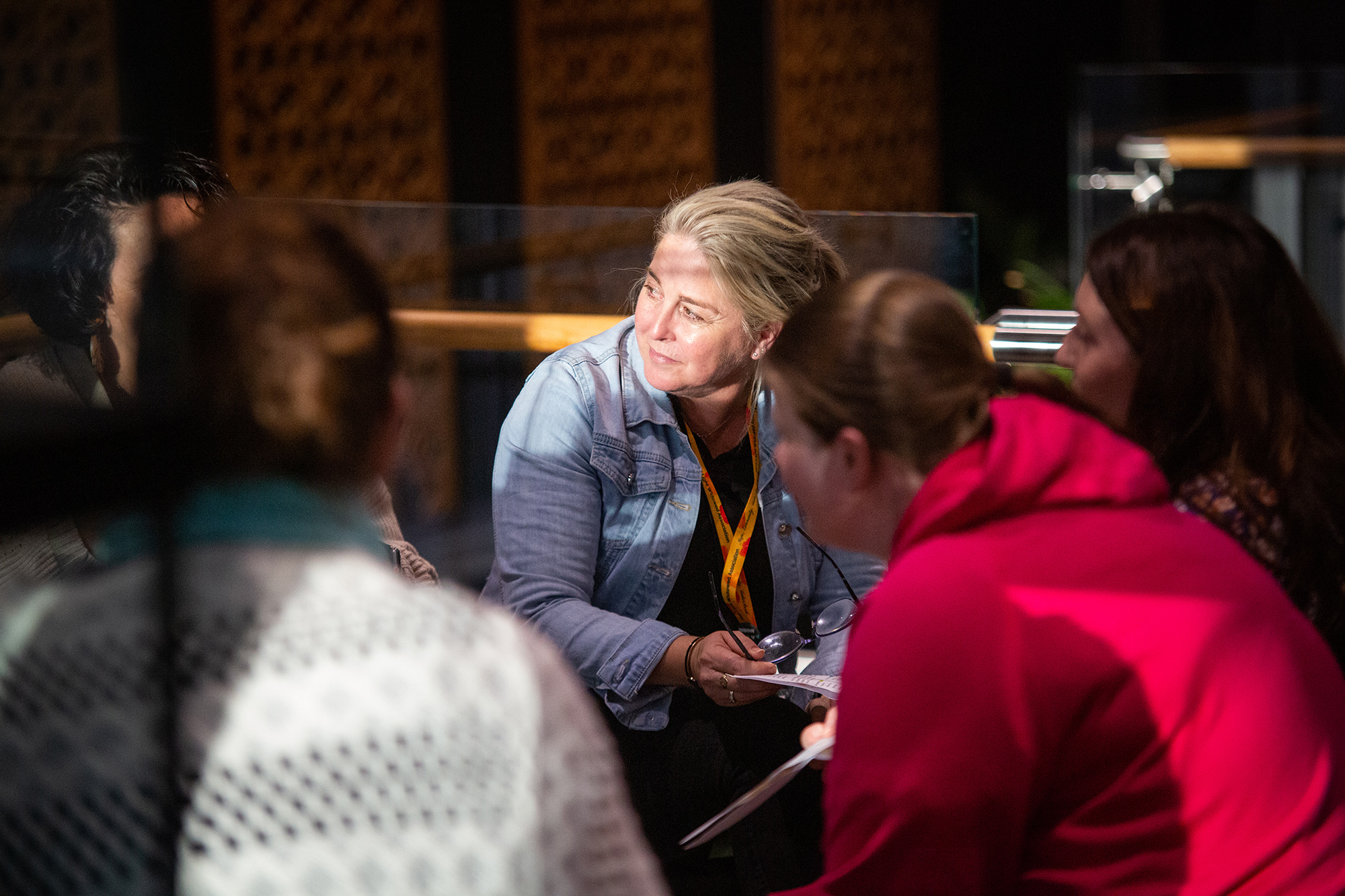Newly widowed – getting organised
Getting organised for newly widowed people
There can be significant paperwork, financial responsibilities and general organisation that has to happen following the loss of your partner.
Superannuation and life insurance
Contact your partner’s superannuation and life insurance providers as soon as possible to ensure funds are available when you need them. Check if the superannuation fund includes a death benefit and any waiting periods that may apply.
If you’re not sure of their superannuation fund, their employer might be able to help, or visit the ATO website for information on finding lost superannuation
Centrelink
Consider applying for any Centrelink payments you may be eligible for. You can look online on the Centrelink website, or give them a call, to see what support you may be able to get.
The application process for a Centrelink payment can be a lot of work, but the financial support will be worth the effort if you are eligible.
- If it feels overwhelming, consider getting help with this, or request a private meeting in a nearby centre.
- Centrelink will mostly likely need a fair amount of documentation and information, so take certified copies and originals of all relevant documents in with you, such as the death certificate.

Getting your finances in order
It can be very hard to think about budgets during the initial grieving process, however you may be able to get the help of a trusted family member or friend, or a professional financial advisor. Some financial advisors or other organisations may provide this pro bono for difficult circumstances such as the loss of a partner.
The following will help get your finances in order:
- Look at your current expenses, and sort them into categories of 'set' expenses, and expenses that could be adjusted or budgeted, to allow for breathing space.
- Look at your current income streams, including those you're now doing without. Create a budget based on these things.
- Consider speaking to a financial advisor, particularly if you have received money that you may be able to invest into your future and turn into future income streams.
- If you need, speak to your bank to see if they can provide assistance such as a reprieve from credit card or mortgage payments on compassionate grounds.
Administering your partner's estate
Administering your partner’s estate can be an emotional and overwhelming process. Things to consider include:
- The process usually involves collecting assets and paying debts, then distributing the remaining estate (pursuant to a will, or in line with the law if there is no will).
- The administration of the estate is done by the person authorised under a will, or the law - this person is known as the Legal Personal Representative (or LPR).
- It's important to make any decisions in a well-considered manner, and with the appropriate professional advice.
- Each state and territory have different processes and laws that may affect the administering of estates.
The initial few steps include:
- Determining who the person with the authority to deal with the estate is. If your partner left a will, that will be the person named as executor. If there is no will, the law determines this person.
- Finding out whether your partner left a will, and if so, where it is located.
- Checking whether there are any other documents that might affect how that will operates.
- Further steps will be determined by whether a will was located or not.
It’s a good idea to seek legal advice at this time. You can find more information on administering your partner’s estate, in our Newly Widowed Pack (which can be sent out to you), or seek the advice of a legal professional.
Death certificate and copies of documents
The first time you go to a Justice of the Peace or a solicitor to have the death certificate certified, take a bunch of copies with you. Also to be certified, instead of just one copy, consider taking copies of your marriage certificate, licence (both yours and theirs), your partner’s birth certificate, and will.
This will save you return trips, as many organisations, such as banks, phone companies, etc, will ask for a copy.
Notifying organisations
This may be something you can delegate to a trusted friend or family member, or someone else appropriate.
Compile a list of people and organisations who need to be notified. Consider anywhere memberships or subscriptions were held (such as a gym), service providers (such as telcos, electricity and gas), organisations pertaining to your home (banks, local council for rates, insurance) and financial institutions (mortgages, credit card, loans, savings). Going through your filing cabinet to add to the list, and adding to the list as mail arrives is helpful. Then, start notifying them. You may need to provide certified copies of documentation such as their death certificate.
Organising bills
It’s important to pay your bills on time to avoid late fees.
If you’re having trouble paying bills, contact your banks, telcos, and other businesses for hardship support. Many banks will offer relief such as significant concessions or payment delays if they are made aware of any your situation and any issues as soon as possible. The initial contact about what support they have available is something you could delegate to someone you trust.
You may find it beneficial to go through and make a list of your recurring bills, this will help you to remember the bills you need to pay, and when you need to pay them. Write their due dates on the calendar, or pay them in advance, set up direct debits or automatic payments to ensure you stay on top of this.
Organise your home
Wait until you’re ready before you sort through, pack away, give away or donate your partner’s belongings. Don’t worry about anyone else’s opinion about what you should do and when the ‘right time’ is.
It could take days, weeks, months or years for you to go through this process. You may find having your partner’s personal effects around you makes them feel closer and comforts you, or it may make things harder. It’s up to you, and how you feel. There is no right method, or right time.
If you find it triggering to see their things around the home, there is nothing wrong in placing them out of sight until it hurts less to see them. Don’t hesitate to get help with this job if it feels too emotional for you.
Delegate
Delegate, delegate, delegate. Everything and anything you can.
Keep an ongoing list of things that need to be done – this can help with delegation. You could highlight things that are more urgent, or mark things that could be delegated to someone else.
If you can, have someone help you with the paperwork and forms that require completion. Even if it is only to compile a list of those companies that need to be contacted. It can feel like an overwhelming task, and any help can be beneficial.
Consider asking someone to help you organise your help
You will likely be told continually “let me know if there’s anything I can do.”
You will know there is a lot that needs to be done, but may not be able to respond in that moment, or think on the spot. Consider appointing someone as the go-to person when you are told this. They may even think of things you might not have yet thought of.
Lawns need to be mowed, food needs to be prepared, maybe you have kids or pets who need to be cared for. People want to help. Even getting help with compiling the items on the ‘to-do’ list can make a big difference.

Jump to a section
Hope, community, understanding
Join our community for access to information, resources, events, and a network of widowed people for peer support. Joining is free, with options to become a financial supporter to keep us running and helping others.
